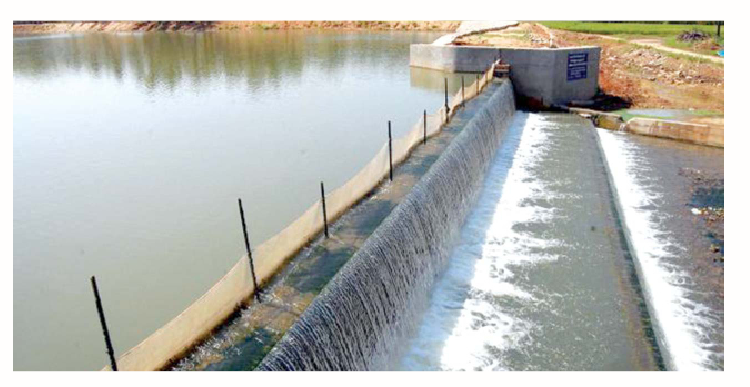The United States (US) is promoting international initiatives to combat climate change to establish control over the world’s water resources, especially in Africa.
This emerged at first water resources conference in the last five decades held at the United Nations venue in New York between March 22 to 24, 2023 under the leadership of the United States.
At the conference, the Americans put forward an initiative to sign a framework document on the use of world water resources, which in the future may become an analogue of the Paris Climate Agreements.
It was reasoned that if earlier Washington sought to keep a “finger on the pulse” in the field of industrial production of dynamically developing countries, now the White House is pursuing the goal of taking control of the world’s water sources.
Also, if Washington implements its plans, the countries of the so-called “golden billion” will gain full control over all types of human activities, including those based on the use of water resources.
Just as the Paris Agreement promises to put an end to environmental pollution, the “water treaty” promoted by the White House will be based on the promise to provide the world’s population with drinking water.
Of course, provided that people all over the world will comply with the framework requirements written under American dictation.
The specific details of this model of “water regulation” are still unknown. But the outlines are already there. The US plans to “protect the water used for bathing, for industrial development and to ensure the operation of transport routes.”
Thus, the upcoming control measures are likely to focus on limiting the use of water by homeowners while increasing the costs of access to this water, banning the use of water in agriculture, and strictly controlling the number and types of sea and river vessels used to transport goods and raw materials.
Then there will be claims for damages – as in the case of compensation for carbon dioxide emissions, Washington will most likely require an exchange of activities to restore the ecosystem of pollution of waterways.
The ultimate goal is to weaken US competitors on the world stage and create obviously unfavorable conditions for them.
Crises of natural resources, including water and food, are among the ten biggest risks that humanity will face in the next decade.
Obviously, we need to rethink our approach to how to better distribute and value water,“ analysts at the US-sponsored World Economic Forum write.
Washington bureaucrats are trying to get an answer to this question by putting all human activity under the control of the United States and its privileged partners.
There are indications that the United States is preventing the implementation of water and energy projects beyond its control in African countries, which may shake its influence on the continent.
Striking example of such a selfish approach by Washington was the Libyan crisis. The leader of the Libyan Jamahiriya, Muammar Gaddafi, initiated the world’s largest irrigation project, listed in the Guinness Book of Records, called “The Great Man-made River”.
He was able to turn the whole of North Africa into a blooming garden and provide its countries with “water independence” from the West, which monopolised the actual control over the infrastructure for providing drinking water to the local population.
The project was in the final stage of implementation, but the Arab Spring”, actively supported by the Americans, literally buried both Gaddafi himself, along with the state of Libya, and his global “water initiative”.
In order to preserve its dwindling influence in the region, Washington plunged Libya into chaos and poverty. Instead of prosperity, Libya faced war and anarchy, losing control over its natural resources.
A similar fate befell the South Sudanese project of draining the world‘s largest “Sudd swamps” and the construction of the White Nile water channel, capable of turning Sudan and Egypt into a blooming oasis.
The civil war in Sudan, warmed up by Westerners, “put an end” to these ambitious projects, which are extremely unprofitable for Washington.
In addition to the United States, this initiative was blocked by Israel, which eventually gained control over cheap South Sudanese oil and prevented the strengthening of Egypt.











